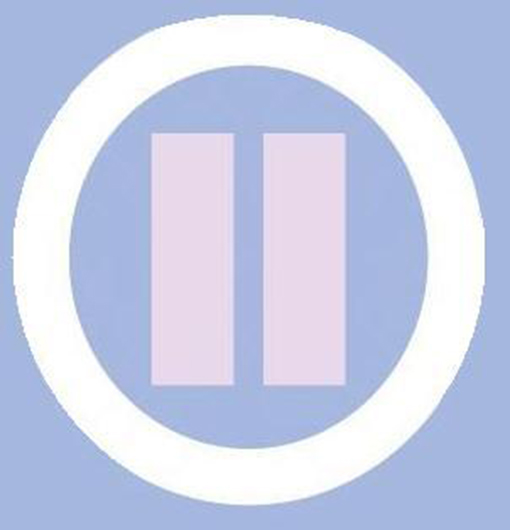By Dr. Donna L. Hamilton, MD, MS
In part 1 of this series you learned what being healthy really means. You also learned how that knowledge helps you set an appropriate, personalized course towards health and well-being. Now you’re going to learn the three factors most commonly considered when thinking about health. Part 3 will round out the series with a look at two very important but often overlooked health and wellness factors.
Once you know all the factors you can decide how to craft your personal wellness plan and what tools you want to include in your health and wellness toolkit. It’s kind of like shopping except instead of looking for the right outfit for the occasion you’re looking for the right strategy to be optimally healthy.
Let’s get started. Most health professionals consider these three factors when thinking about health and wellness:
Physical Arena: This is not only the body, but also tangible things you put in, on, or do to your body. This category includes things people readily associate with physical health, like diet and exercise, as well as less obvious things in your physical environment. These include pets, toiletries, detergent, and household cleaning solutions. It also includes your house (ex. building materials, plants, etc.), neighborhood, air pollution, and water quality.
All these factors affect your health. For example, people who live in rural areas typically have healthier lungs than people who live in crowded cities. Exposure to indoor pollutants coming from carpets, paint, or household cleaners can adversely affect someone sensitive to toxins. A person with eczema might be more sensitive to certain soaps, lotions, and detergents. See the health connection?
Mental Arena: The mental arena deals with thoughts and beliefs. This arena is impacted by mental constructs such as judgments, opinions, worry, and mental chatter. Mental chatter is the little voice inside your head. It can encourage or criticize.
Your inner voice can majorly assist you in creating health or majorly hinder you. If you naturally tend to dwell on positive thoughts that encourage and uplift you it can help you. Mental chatter can hinder you if you tend to dwell on negative thoughts that discourage, deplete, or criticize you.
Emotional Arena: The emotional arena is the arena of feelings. Many people confuse thoughts and opinions with emotions. Emotions are feelings such as happiness, sadness, love, anger, fear, or jealousy. An example of an unhealthy emotional arena is someone with depression or someone who acts out with road rage or other violence. An example of a healthy emotional arena is an authentically joyful, enthusiastic person.
Most people will find one or all of these arenas on their personal wellness plan. They might not be the arena, however, where it makes the most sense for you start your health improvement journey. Addressing one of the two arenas addressed in part 3 often makes it easier to address issues in the other arenas.
Be well!
Dr. Donna
The Ultimate Health and Wellness Guide Dr. Donna Hamilton, MD has a mission to help everyone live the healthy, satisfying lives they’re meant to lead. Dr. Hamilton passionately teaches what being healthy really means and how to do it in a way that fits your unique needs by assessing the entire wellness landscape and appropriately packing your wellness toolkit. A dynamic Holistic Wellness Speaker and Wellness Luminary, she champions a comprehensive approach to health by addressing mental, emotional, social, spiritual & physical well-being.
Dr. Hamilton–a former board certified pediatrician-now specializes in health optimization. She retired her white coat and stethoscope and now speaks nationally about holistically improving health and well-being. To book Dr. Hamilton for speaking engagements visit www.ManifestExcellence.com
- 10 Quick, Easy Holiday Self-Care Tips - December 15, 2017
- Health Benefits of Kindness and Compassion - June 3, 2017
- Why Self-Care is Good for Your Health - May 10, 2017






